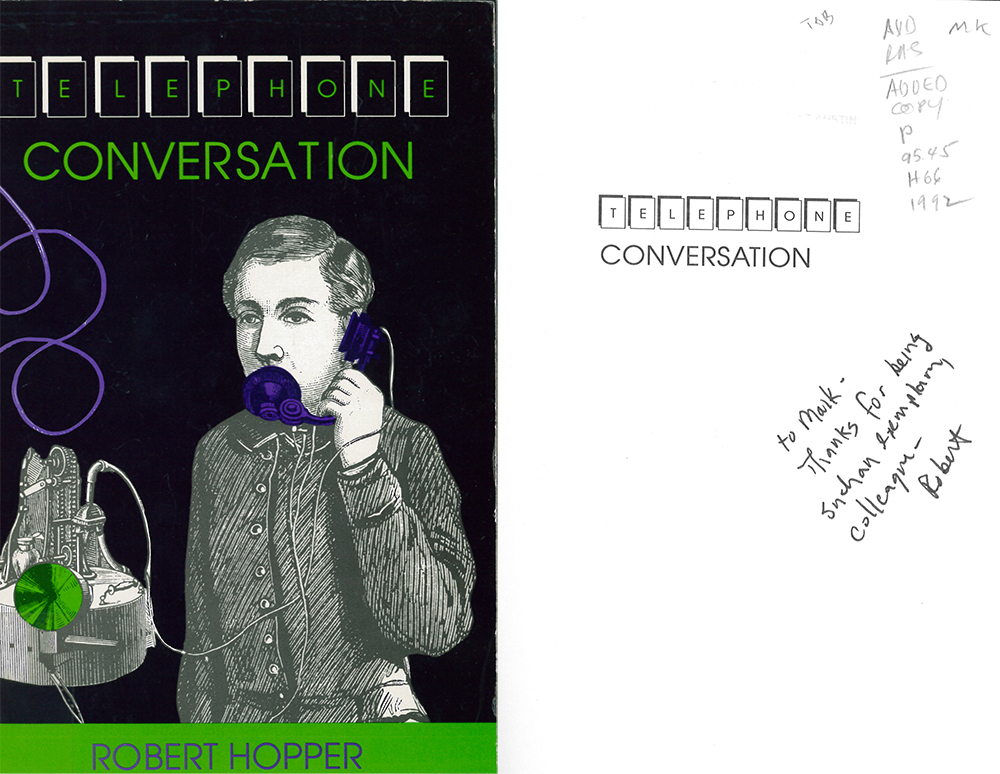
Even if it is rocket science, it certainly helps to be able to explain it.
Grant funding has become increasingly competitive in a world driven toward the next great innovation or discovery, so researchers are seeking to find ways to present complicated ideas in terms that are easily understandable, even to non-experts, in order to generate interest in their areas of work.
To introduce the campus community to this strategy for professional success, UT Science Communication Interest Group is hosting a contest to challenge student researchers to present complex ideas to general audiences.
Science in Plain English will test participants’ ability to distill their often obscure technical knowledge into prose that can be comprehended by non-scientists in non-academic environs. Contestants will have to rely solely on their ability to communicate verbally — there is a prohibition on props, visual presentations, audio or video — and on their talent for connecting with an audience.
Presentations will be limited to 3 minutes, with judges assessing performances on brevity, clarity, speaking style and a meticulous avoidance of jargon and/or technical terminology.
The winner will be awarded a trip to the 2017 meeting of the American Association for the Advancement of Science, February 16-20, in Boston. Contest winner’s registration, travel, and accommodations will be paid for, up to a maximum value of $2,500.
The contest will be held on Wednesday, October 19 at 4:30 p.m. in the Student Activity Center Auditorium. The competition is already filled, but the contest is open to the public and audience participation will help determine the winner.
Supported in part by the Austin Radiological Association.
Hear a piece by Houston Public Media on a similar science communication competition.



 Two recent publications cap lengthy inquiries into the impact of Web 2.0 upon scholarly communication practices, and each merits review by library administrators and planners everywhere.
Two recent publications cap lengthy inquiries into the impact of Web 2.0 upon scholarly communication practices, and each merits review by library administrators and planners everywhere.